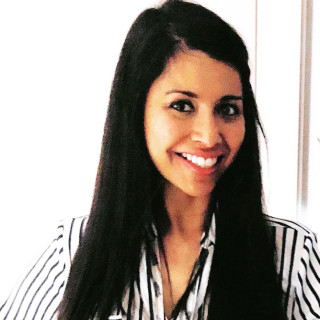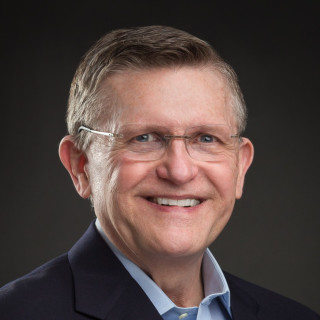 I will be honest: When I started medical school I didn’t know which field of medicine I wanted to pursue. I was ready and determined to absorb as much information as possible, compete with myself, and outdo myself every day. Eleven years have passed and it still remains true: I am my biggest competitor. Cardiology caught my attention and my interest solidified during my telemetry rotations as an Internal Medicine resident. Then, as a General Cardiology fellow, I knew I belonged in the cardiac catheterization laboratory (I actually knew from the moment I started that rotation). When it came time to match, I stayed true to my values, I improved myself every day, and I successfully matched into Interventional Cardiology.
I will be honest: When I started medical school I didn’t know which field of medicine I wanted to pursue. I was ready and determined to absorb as much information as possible, compete with myself, and outdo myself every day. Eleven years have passed and it still remains true: I am my biggest competitor. Cardiology caught my attention and my interest solidified during my telemetry rotations as an Internal Medicine resident. Then, as a General Cardiology fellow, I knew I belonged in the cardiac catheterization laboratory (I actually knew from the moment I started that rotation). When it came time to match, I stayed true to my values, I improved myself every day, and I successfully matched into Interventional Cardiology.
As a seasoned resident and now a fellow, it is no shock to me that only four percent of interventional cardiologists are female. As a woman I can understand why some females would shy away from a career in Interventional Cardiology. However, I felt drawn to the field despite the drawbacks—e.g., the traditionally macho culture, the demanding work hours, and the radiation exposure—that have kept a large portion of female cardiologists out of the laboratory.
Demanding work hours are not debatable. Yes, the days are long and arduous. Yes, we are on our feet most of the day, and we are wearing heavy protective gear. At times, this is not only physically, but also mentally, taxing. Many interventional cardiologists have additional responsibilities, office hours and research duties, in addition to their time in the cardiac catheterization laboratory. An interventional cardiologist’s schedule may be tight, but it is not impossible. I have had the honor of witnessing many of my mentors successfully manage responsibilities, both at work and home.
Radiation exposure is a concern. Many women of childbearing age are apprehensive of this, especially if they plan on having a family in the near future. However, there are precautions that can be taken in addition to wearing protective lead gear, which diminish and minimize radiation exposure. In fact, many female interventional cardiologists have safely and successfully carried their pregnancies to term while continuing to be present in the cardiac catheterization laboratory.
That said, the culture of Interventional Cardiology should not be a reason why female cardiologists are deterred from pursuing the field. I have heard statements like “it’s a man’s world” multiple times. Recently, I heard, “women just don’t make good interventional cardiologists.” This is where I believe the field is misunderstood. I went into Interventional Cardiology because I was drawn to the direct impact my mentors made in their patients’ lives. An interventional cardiologist has to be confident in his or her knowledge and skills—and in my opinion, dexterities and acumen have nothing to do with gender.
I went into Interventional Cardiology not because I am a female or because I would represent a small percentage of interventional cardiologists. I went into this field because I am fascinated by the science, rapid advancement, and the ability to directly impact my patients’ lives. It is, however, an honor to be part of a small percentage of interventional cardiologists because being in the minority gives me the ability to encourage future female physicians to consider this fascinating and intellectually stimulating field. Moreover, I can assist others in understanding that self-confidence and intelligence are not synonymous with masculinity. I can assist others in understanding that, in fact, females belong in the cardiac catheterization laboratory as much as men.
Image by ProStockStudio / Shutterstock
Dr. Supreeya Swarup is currently an Interventional Cardiology fellow at Deborah Heart and Lung Center in Browns Mills, New Jersey. Her interests include cardiovascular health and disease prevention, as well as healthy diet and lifestyle. She has a passion for writing and the views expressed herein are her own. She has no disclosures or conflicts of interest.






